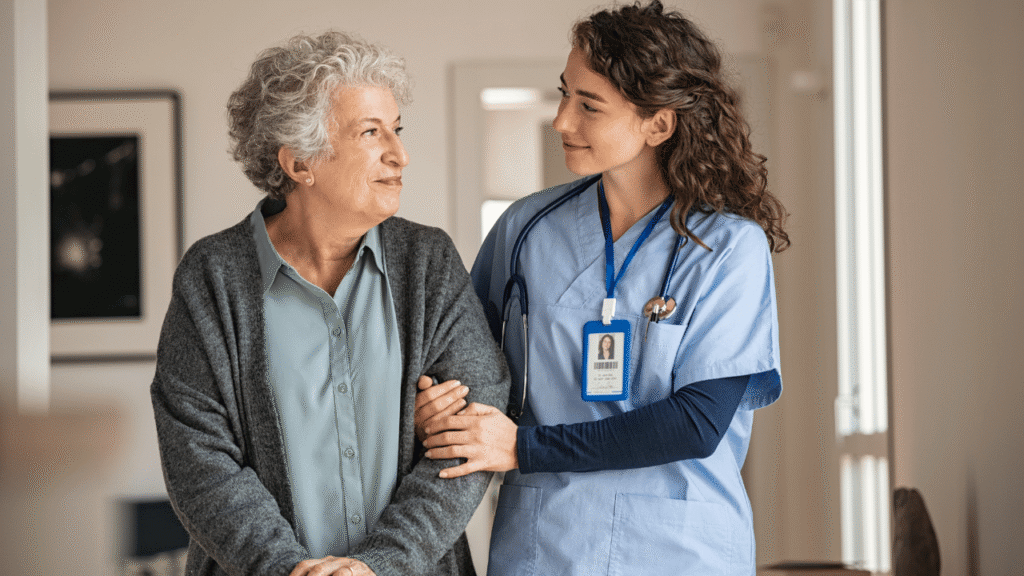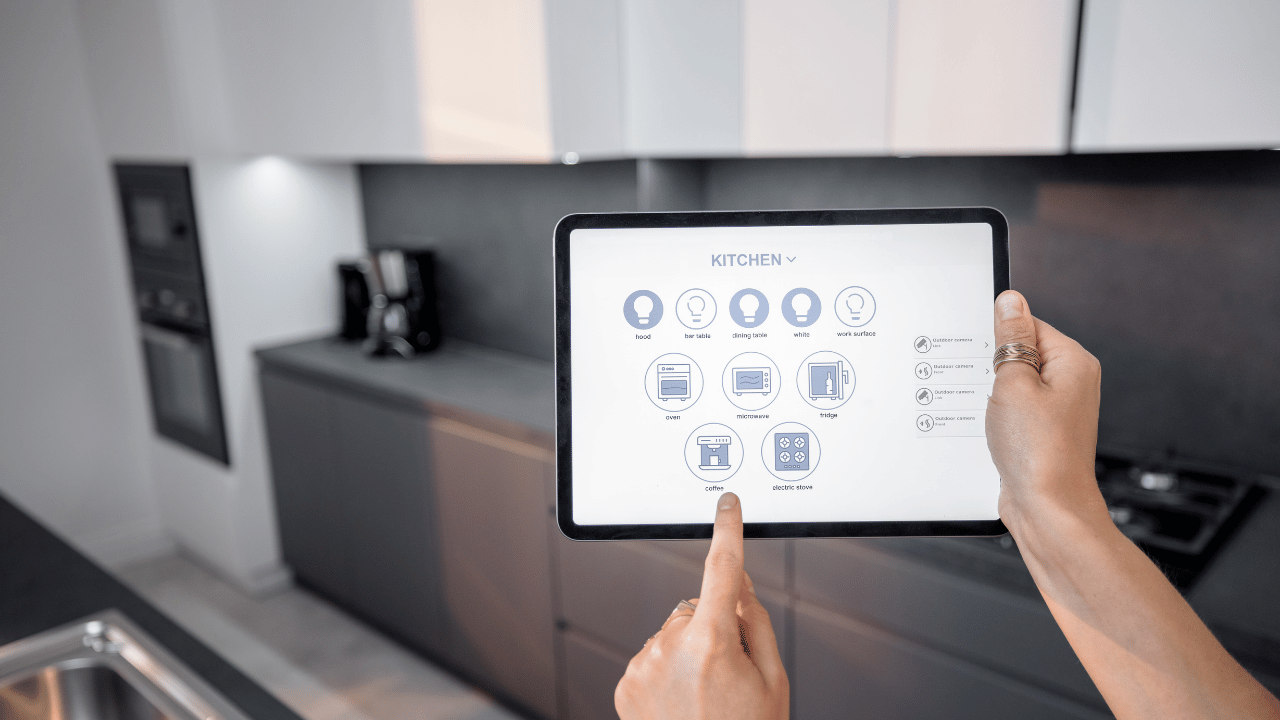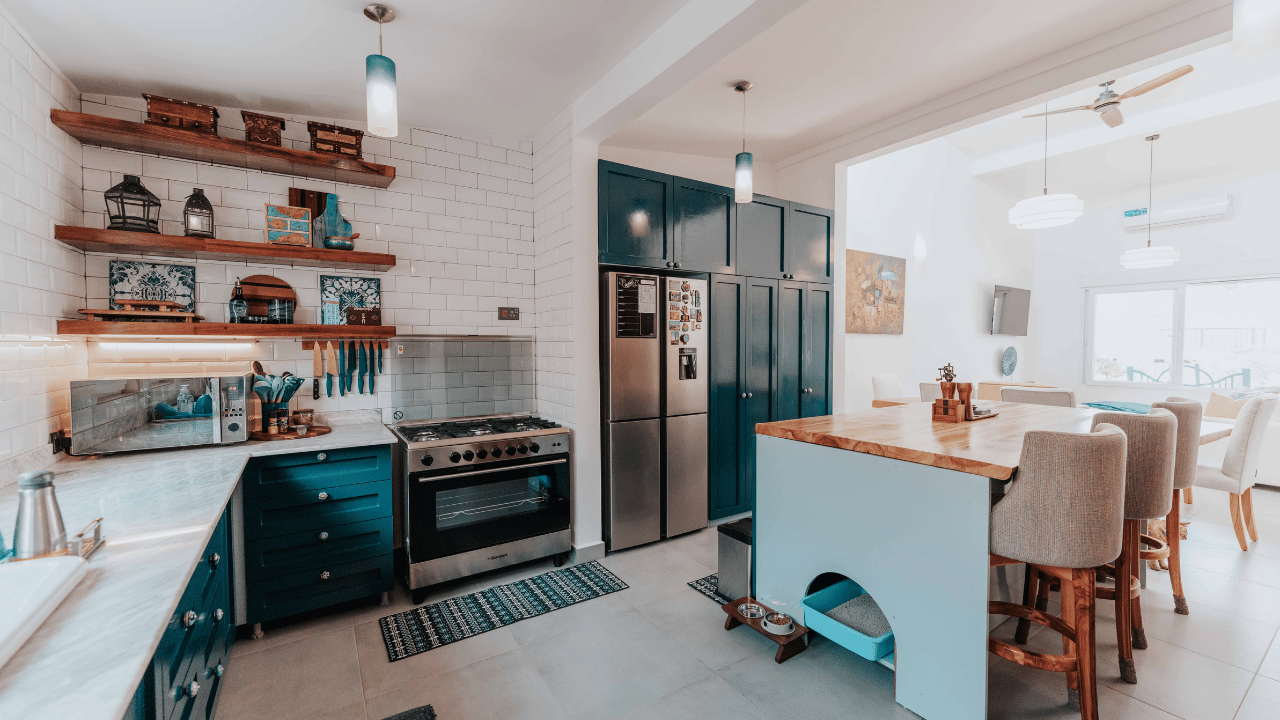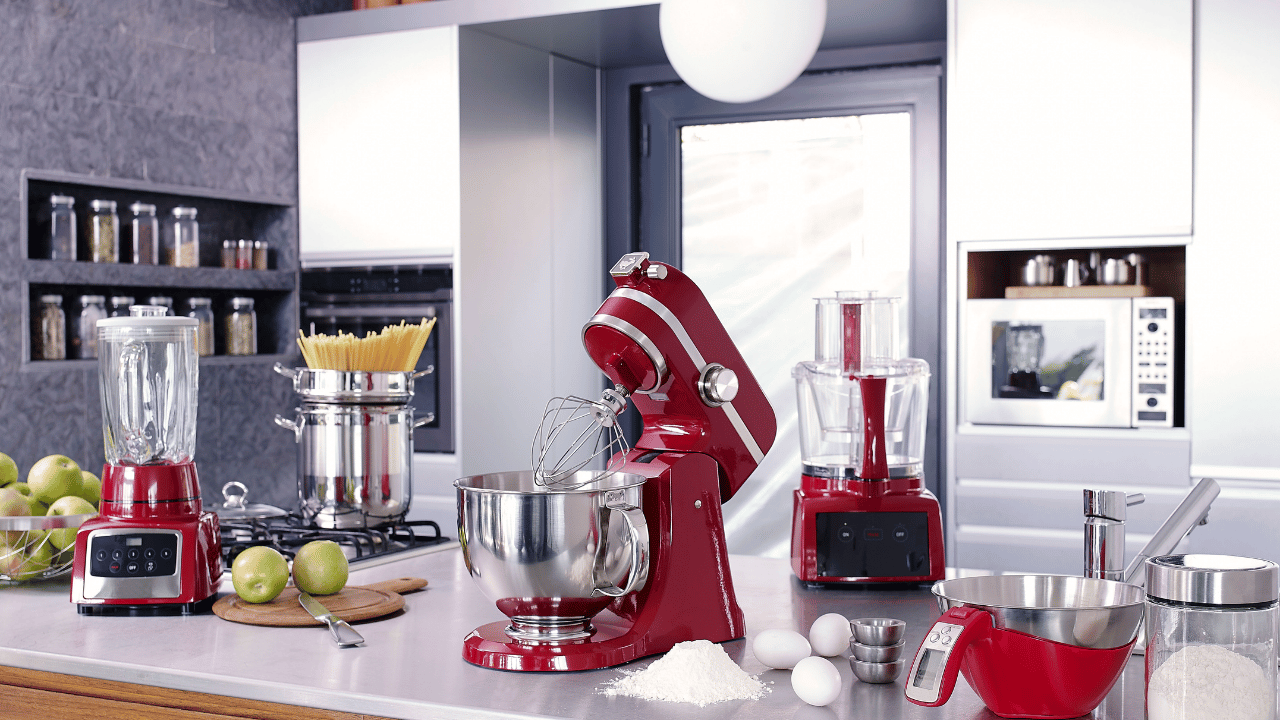Recovering from surgery is no small feat, and when it comes to healing at home, having the right support can make all the difference. In-home caregivers are often unsung heroes in this process, offering not just physical support but emotional comfort and peace of mind to those on the mend. They bridge the gap between hospital discharge and full recovery, taking on a variety of tasks that help patients regain independence safely and comfortably. Whether you’re exploring services at abetterwayinhomecare.com or speaking directly with local agencies, finding the right caregiver can ease the journey. Here’s a look at ten essential roles caregivers play during post-surgical recovery – some you might expect, and a few that may surprise you.
Medication Management is Top Priority
One of the most critical tasks caregivers handle is making sure medications are taken on time and in the correct dosage. Whether it’s pain management, antibiotics, or anticoagulants, missing a dose – or taking too much, can have serious consequences. Caregivers often coordinate with pharmacists, doctors, and family members to keep the medication schedule on track and adjust it if necessary.
Assisting with Mobility and Fall Prevention
Moving around post-surgery can be risky. Caregivers are trained to assist patients with getting in and out of bed, using walkers or wheelchairs, and navigating the home safely. This hands-on help drastically reduces the risk of falls, which are a leading cause of hospital readmissions in older adults recovering at home.
Managing Wound Care and Hygiene
Post-surgical wounds must be kept clean and properly dressed to prevent infections. In-home caregivers are trained to monitor incision sites, clean wounds as instructed, and notice early signs of complications like redness or discharge. They also help patients with bathing, oral care, and grooming – tasks that might otherwise feel overwhelming after surgery.
Meal Prep That Supports Recovery
Nutrition plays a huge role in healing. Caregivers ensure patients are eating balanced meals that align with their recovery plan, whether that means low-sodium, high-protein, or fiber-rich options. They also help with grocery shopping and meal planning, making healthy eating convenient and consistent.
Light Housekeeping to Reduce Stress
While medical care is a big part of what caregivers do, non-medical support like tidying up is equally important. A clean and orderly environment helps reduce the risk of infection and also supports mental wellness. Vacuuming, doing dishes, and changing bed linens might sound small – but these efforts create a comfortable space that fosters healing.
Emotional Support and Companionship
Surgery often comes with emotional side effects: anxiety, fear, or even depression. In-home caregivers aren’t just there for practical support – they also provide companionship. Having someone to talk to or simply sit with can significantly lift a patient’s mood, contributing to a more positive recovery outlook.
Keeping the Home Clean and Tidy Beyond the Basics
After surgery, patients often find even small cleaning tasks exhausting. That’s where professional home cleaning services come in, offering a deeper level of cleanliness without burdening the recovering individual. Trained professionals go beyond light tidying to ensure the home is spotless, which is especially vital when infection control is a concern. Whether you’re looking for affordable house cleaning, West Hartford, CT offers options that deliver both quality and convenience. From scrubbing kitchens and disinfecting bathrooms to managing pet hair and allergens, these services support recovery by creating a healthier indoor environment. For family members and caregivers already juggling numerous tasks, having professional cleaners on hand means more time can be spent focused on care and less on scrubbing floors or dusting furniture. This added layer of support also helps relieve stress, making recovery more comfortable not just for the patient but for everyone involved in their well-being.
Transport to Appointments or Physical Therapy
Getting to follow-up appointments, rehab, or physical therapy sessions is essential after surgery, but not always possible without help. Caregivers can safely drive patients or coordinate transport services, ensuring that no critical appointments are missed and that progress stays on track.
Monitoring Vital Signs and Symptoms
Caregivers often track blood pressure, temperature, respiration, and other vital signs depending on the type of surgery. This ongoing monitoring helps detect early warning signs of complications. Catching a fever or swelling early can mean the difference between a minor issue and a trip back to the hospital.
Guiding Through Post-Surgery Exercises
Doctors and physical therapists often assign exercises to speed up recovery and improve mobility. Caregivers gently assist with these movements to make sure they’re done correctly and consistently. They also provide encouragement and ensure patients don’t overexert themselves, keeping recovery both safe and productive.
Coordinating with Healthcare Providers
Finally, caregivers act as the link between patient and medical team. They keep detailed notes on symptoms, changes in condition, and daily routines that can be shared with nurses, doctors, or physical therapists. This continuity of care is vital, especially when recovery involves several specialists.
In-home caregivers wear many hats during post-surgery recovery, helping with everything from wound care to grocery shopping. Their presence allows patients to recover in the comfort of their own homes, surrounded by familiarity instead of fluorescent hospital lights. And with professional cleaning services, appointment coordination, and emotional support all part of the package, recovering at home can be just as safe – and often more satisfying – than a clinical setting.
Did you know? Studies have shown that patients who recover at home with the help of caregivers report higher satisfaction and fewer complications than those who remain in medical facilities. It’s a testament to the power of healing where the heart is.




